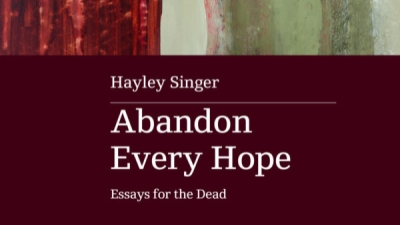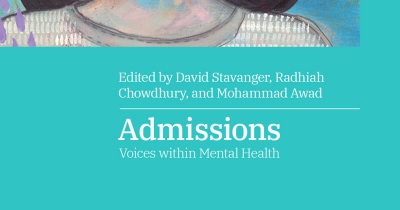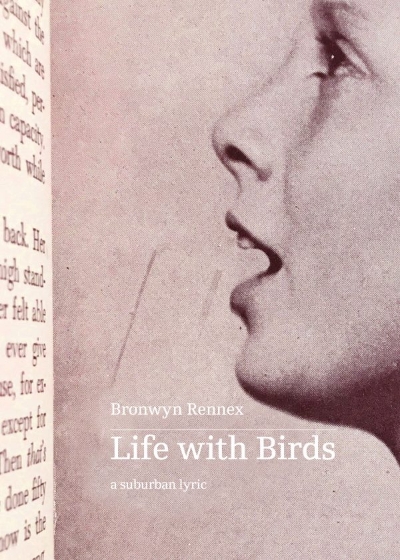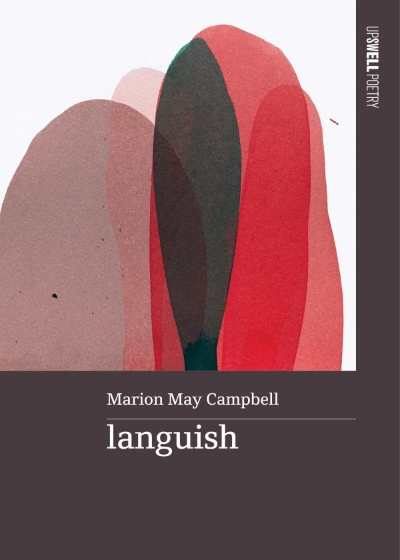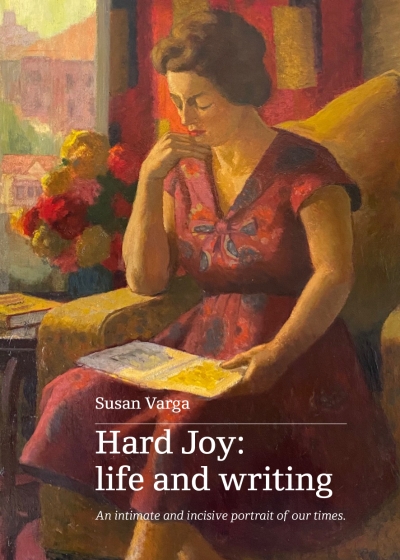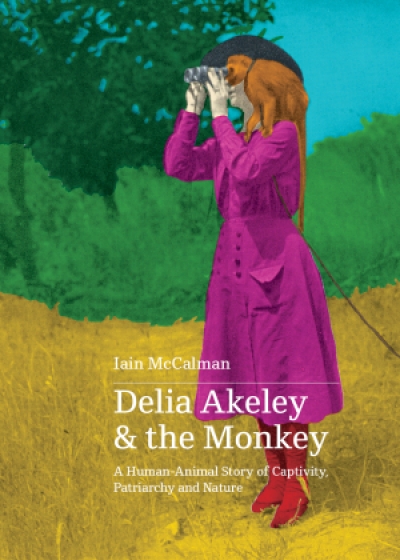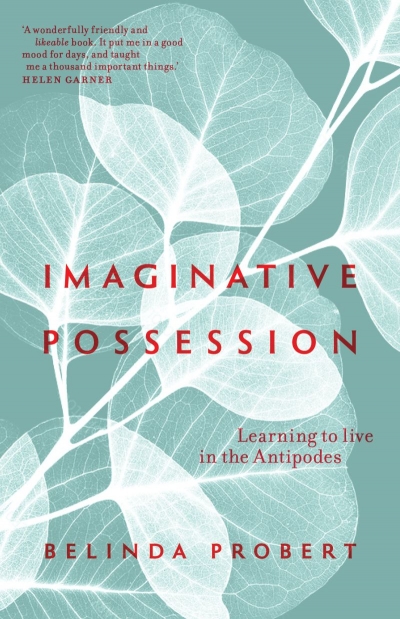Upswell
Admissions: Voices within mental health edited by David Stavanger, Radhiah Chowdhury, and Mohammad Awad
by James Dunk •
languish by Marion May Campbell & And to Ecstasy by Marjon Mossammaparast
by Jennifer Harrison •
Words Are Eagles: Selected writings on the nature and language of place by Gregory Day
by Tom Griffiths •
Delia Akeley and the Monkey: A human-animal story of captivity, patriarchy and nature by Iain McCalman
by Libby Robin •
Imaginative Possession: Learning to live in the Antipodes by Belinda Probert
by Paul Dalgarno •

